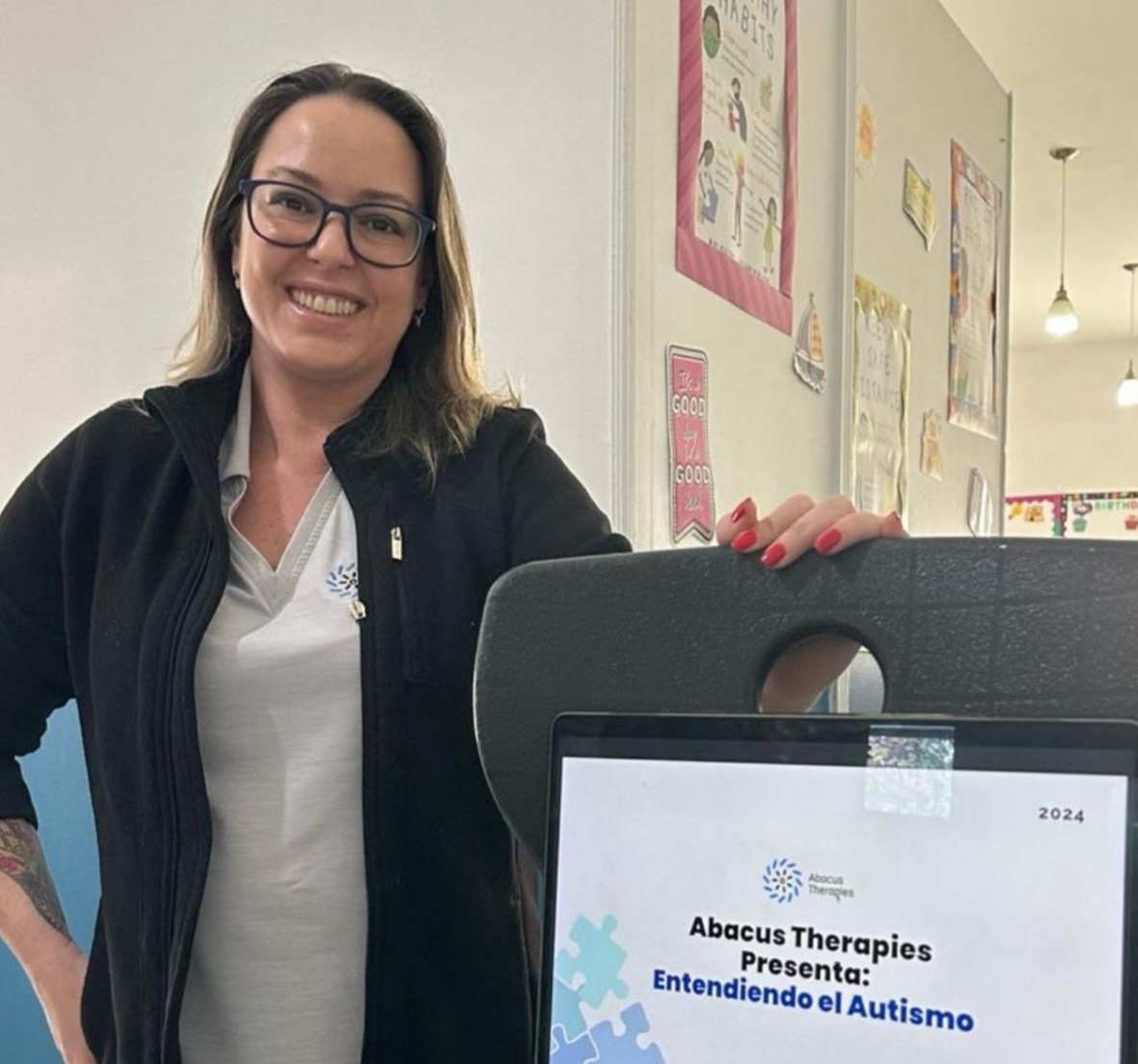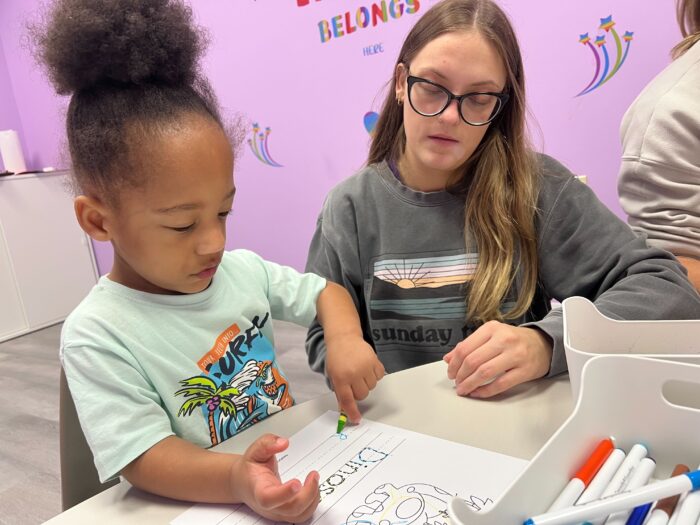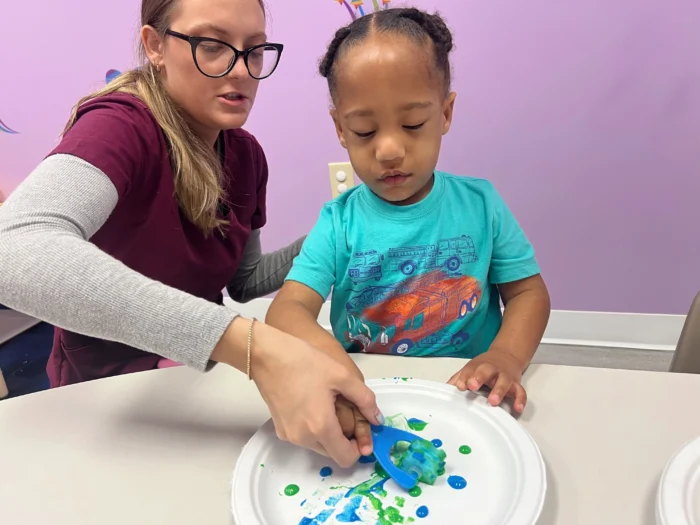
Today, we are introducing you to Sara Galam, one of our faithful registered behavior technicians (RBTs).
As you may know, RBTs are therapists directly working with children on the autism spectrum, aiding them daily in becoming the best versions of themselves. Under the supervision of a BCBA therapist, they slowly become your child’s new best friend.
So, what special reason did Sara have to become an RBT, what does the profession imply, and what is a day in the life of an RBT like? You’ll find out in the brief (yet heartwarming) interview below!
Why did you want to become an RBT?
I’ve always had a strong connection towards children. I started babysitting at a very young age, and I also worked with children as a summer camp guide. But the biggest reason why I became an RBT is that one day, my nephew was diagnosed with autism.
Once he was diagnosed it was very scary for all of us as we didn’t know much or met anyone with autism. We had a family meeting including my 2 sons (they were young boys at the time) to explain why their little cousin was different and how they can protect him or others (classmates or children in school) from being bullied.
Being a supportive aunt, I started looking about autism and all the ways I could help. I researched all that I could to learn about autism and ended up falling in love with the field, eventually becoming a registered behavior technician.
Overall, my nephew’s diagnosis changed so many lives for the better. Not only can I help as much as I can with him, but I get to help my own clients and families, get to help new RBTs continue in this journey and educate teachers and staff about autism.
Moreover, I feel in my home my nephew has made a huge impact in the next generation as both my boys volunteer in many autism events.
How did you become an RBT?
As I mentioned above, after my nephew was diagnosed, I did my research, and an RBT for autism seemed closest to what occupation I had in mind.
Next, I completed the 40 hour course, and came across Abacus Therapies in 2018. After getting interviewed, I really liked their philosophy and I’ve been with Abacus ever since.
Does an RBT only work with autism?
Typically, insurance only covers RBTs for children with autism. However, we have the knowledge to work with all behaviors.
Also, I provide training to new RBTs and go and give presentations in schools to teachers about autism.
What is a day in the life of an RBT like?
When you’re an RBT, every day is different. I wake up excited to see my kiddos and know that I will make a difference in their lives. Honestly, some days can be difficult, but the outcome is the greatest reward and makes it 100% worth it.
Is being an RBT worth it? What are the biggest benefits?
Of course it’s worth it! The reward of becoming my kiddos person, cheerleader, believing in them, working in a team environment where parents and teachers alike are rooting for the same goal. The greatest benefit of all is knowing the difference I’m making, not only the child’s life but the parents lives too.
We hope you enjoyed meeting Sara and hearing her heartfelt story about how she joined our team. If you’d like to know more about the role of RBT therapy for autism, or you’d like to meet Sara and our team of RBTs in person, feel free to contact us via phone, email, or message.
We’ll be happy to get to know you too!




